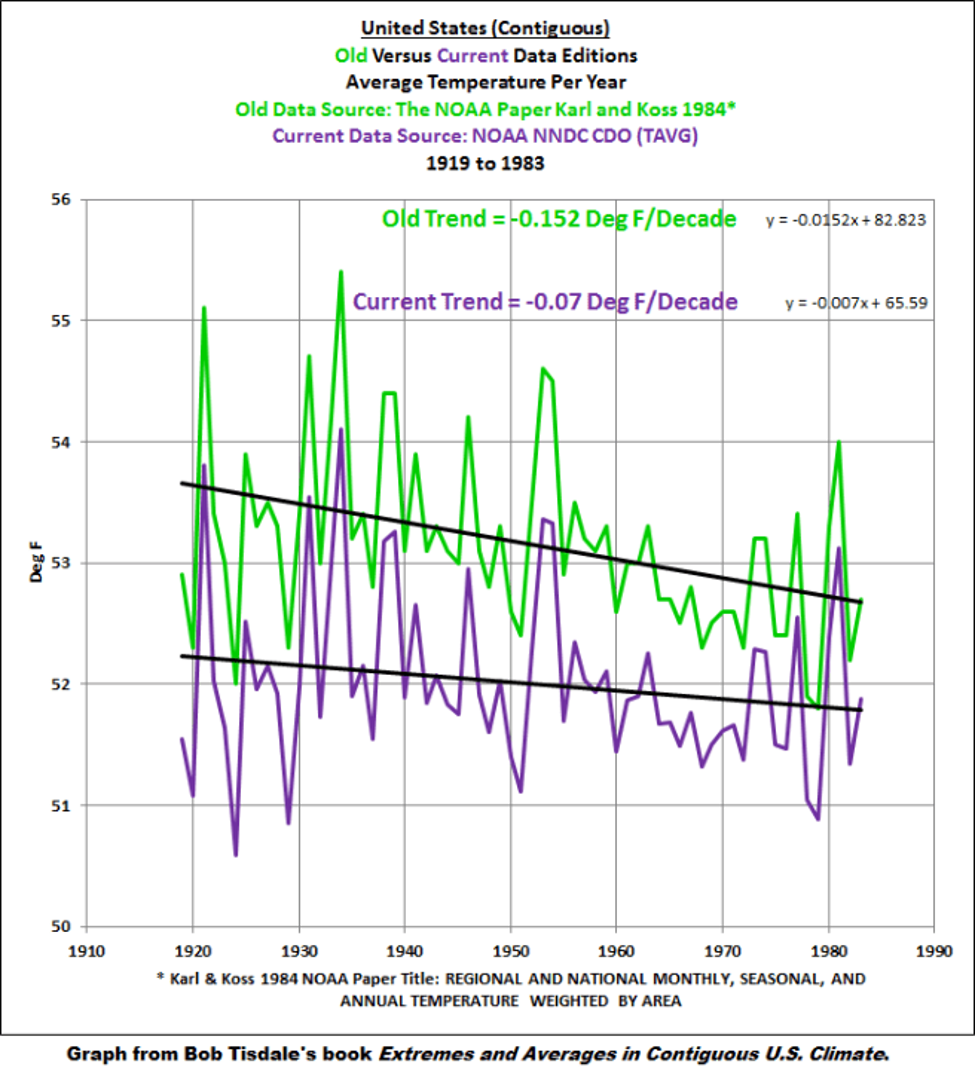Japan raised its sales tax—consumption tax/value added tax—and promptly saw a 6.3% year-on-year drop in GDP in the last quarter of 2019. Consumer spending (did I mention that the tax was a consumption tax?) fell by 11.5% that quarter.
Color me—and hosts of others much smarter than me—unsrurprised.
Now come the contradictions, from the just US Congress-revived IMF, yet.
The International Monetary Fund thinks the consumption-tax rate will have to rise to 15% over the next decade, and to 20% by 2050. But first the fund’s wizards say Tokyo must expand its Keynesian spending to make the economy “strong” enough to bear the tax hikes to pay for the spending.
Increasing government spending, which is tax increases now or later, reduces consumption by a number of paths: it takes money out of consumers’ hands directly via those taxes; by competing for the same goods and services as consumers’, it drives up the prices of those goods and services to consumers, which reduces consumers’ purchase of them; by competing for the same resources that private enterprises need to produce it drives up the price of the resources, which drives up the prices of the end-product goods and services to consumers, which….; and it crowds out many private enterprises and consumers altogether.
And so, of course, it’s necessary to raise even further the taxes on all that reducing consumption.
Business is falling off. Gotta raise prices to make up for the decreased revenue.
Make sense? It does to the IMF. And to the Japanese government.

